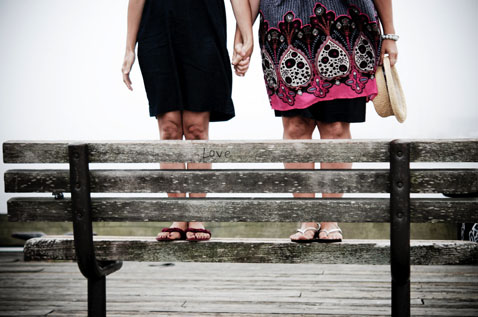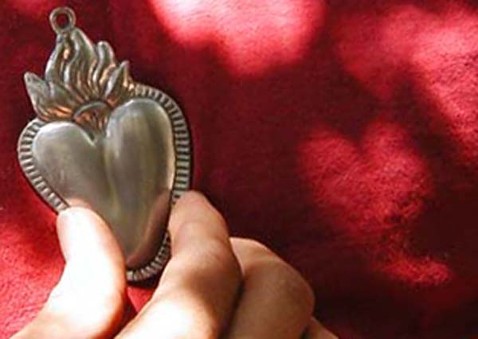Helped-less
/I fucked up. It was the two year anniversary of Silas passing, Lu and I couldn't be together because of work, and I had no idea what to do. So I planned nothing.
Didn't call anyone in advance, didn't make any plans. With Lu away it was doubly difficult for both of us.
As the day approached I could feel myself tightening into that same awful shape again, where simple things like food and sunlight became taut and painful.
What do I do with the day my son was born and passed away? The sheer awfulness of the anniversary immobilized me. I was locked up completely.
The fact is, I have difficulty with events that are far away in time or in space. A trip a month from now is practically non-existent in my mind. Something I need to do six months from now is hard for me to comprehend today. Lu has always been the long-distance planner. Tickets, itinerary, the calendar blocked off with days when we are busy are all part of her repertoire.
All I have ever been good at is dealing with right now.
Right now I should be picking up the remnants of an epic 2 year birthday party. Discarded milk bottles strewn about the house. A blankie over the lamp, cheerios in the couch and the Wiggles still blasting from the stereo.
Do the kids do the Wiggles anymore? I have no idea, obviously, I was at a bar getting burgers and beers with a few friends instead.
It became an anti-party. More people weren't invited than those that attended. With my no-kid rule in effect, it meant 1/2 of many of my close friends and family couldn't attend, cause someone had to watch the little ones. I suppose I could feel bad about that, but I don't.
For one day, I figured, I got to be as selfish as I wanted. All the days of the year I have to grin and bear the beauty of all the offspring of all of my friends and family. Jealousy threatens my soul every day, every moment, as I look around and see everyone with all their little kids, their lives and their futures manifest in these new humans.
And still, now, once again 2 years later, all we have is memory and despair when it comes to our little lost son Silas. The impossibility of all of this remains as disconcerting as the day he died. Despite my complete embrace of the reality of the situation, a part of me still cannot believe it and probably never will. Guess that embrace is not so complete after all.
That disbelief impaired my ability to figure out what the fuck I wanted to do with Silas's day. I don't even know what to call it. I mis-communicated with my brothers, they thought I was away. I neglected to request the presence of many I love to be with. I didn't even consider what options I had, I just thought... nothing. I just thought, this is it. This is all I have.
2 years ago he was supposed to be born and instead he died. That was the extent of my ability to think about the coming day. 2 years ago sadness and despair and awfulness crashed into our lives, and into the lives of the people that love us. I hate that feeling. I hate being the conduit for such a terrible event. I hate how the story of our son makes people impossibly sad. And most of all, I hate how there is nothing I can do about any of that, now.
The only way to fight all of that is by going straight forward into everything else. I managed to communicate clearly enough to get one friend to block off the day. Another friend called to tell me she was going to be hanging out with me no matter what. Just days before Saturday another couple declared they would be coming by to be with me and all I could say was yes, thank you, and no I have no idea what we will do.
The night of the 24th I stayed up until almost 5am. I had worked late and couldn't sleep when I got home. Lu was away so the kitty is now my best friend and we sat up watching TV until the wee hours of the morning. In a way it was like a vigil for me. It reminded me of the long, long night when Lu was in labor. It felt right to go late, to do away with the usual rhythms of life. The rhythm of our lives has been disrupted, utterly, and these days I'm used to not sleeping well anyway.
In the morning I didn't move. I could have stayed there all day, and maybe someday I will, but on this day I got up, had breakfast and then of all things, I cleaned. With Lu away it has become something of a man-pad, and with friends on the way, I had to get things back to "acceptable for normal humans."
We went to the park and the leaves on Silas's tree were already starting to blaze red with the changing season.
I stood there for a while with my hand on its tiny trunk. The tree is a beautiful reminder of our son, but it does not compare to the mobile, vibrant life of a living two year old. I stood there and held the tree and then my friends came over one by one and held me for a moment. Their hugs were vital and so was their presence.
We played wiffle ball and anything past his tree was an automatic home run. Later we went back to the house, sat in the yard, listened to music and had some beers. From there it was off to my favorite restaurant downtown where we managed to score 6 seats in a row at the bar on a busy Saturday night. Poker closed out the night and though I didn't win, looking around and seeing the faces of some of my friends made the knot of despair loosen a bit. I don't have my son, but I do have great friends and an amazing family.
Next year I know what I need to do. Right up front and right away, as the day approaches I need to reach out to those around me and tell them one thing. I need to tell them that I will need help on that day. I cannot wait around hoping someone will save it for me, because no one knows what you need unless you say it.
Unfortunately, no matter how many times I say I need my son I cannot change that he will always be gone, and that I will always miss him.
~~~~~~~~~~~~~~~
Do you have trouble telling people what you need? Do you expect people to 'just know' what to do? How have your memorial days changed over the years?




